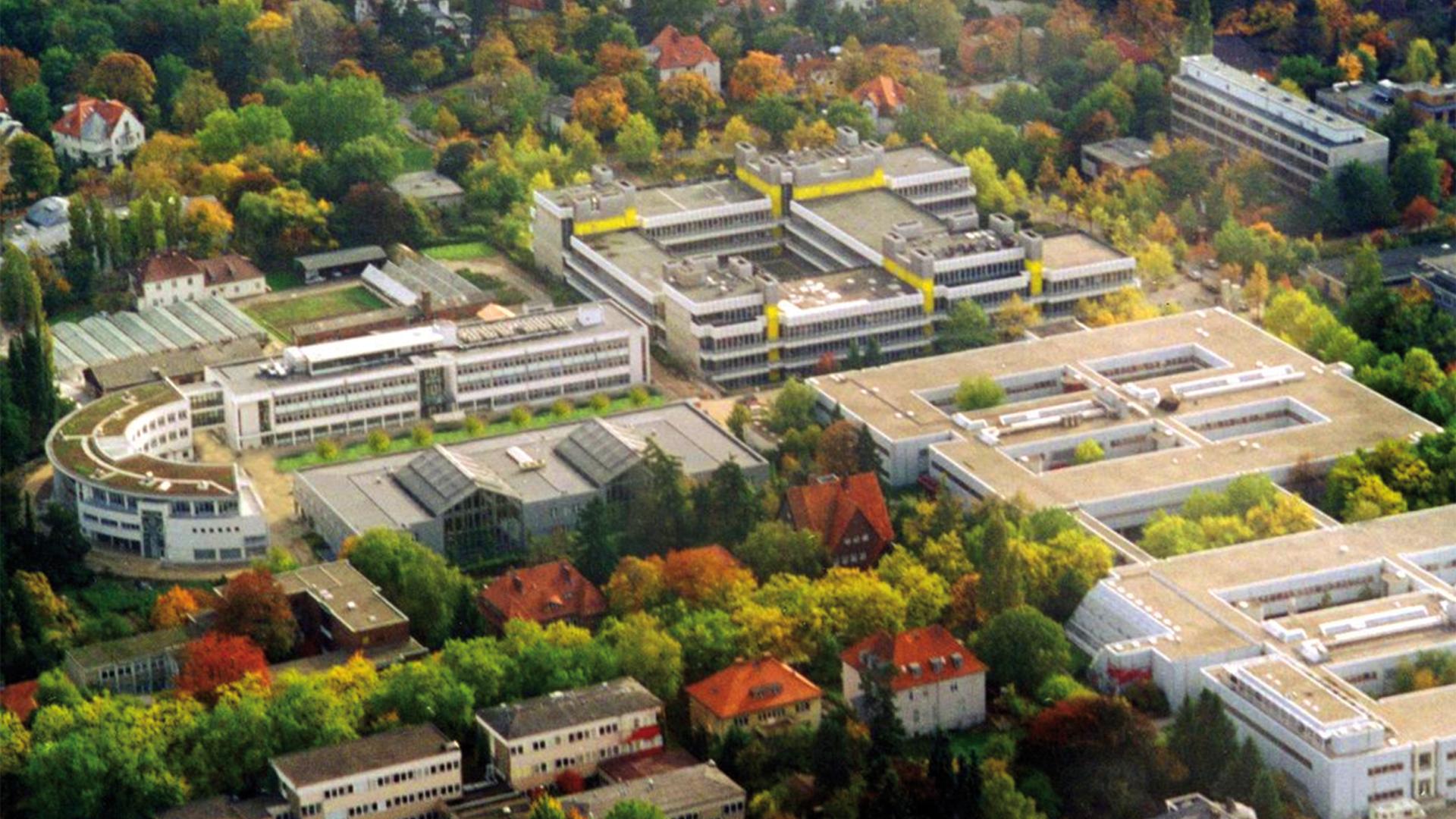The MODAL research campus is a public-private partnership project funded by the Federal Ministry of Education and Research (BMBF). Located at ZIB, MODAL integrates two public research institutions, FU Berlin and ZIB, and 14 companies, ranging from small spin-offs to established global players. With its 15-year horizon and a research budget of more than two million euros per year, its more than 50 researchers focus on optimizing data-driven processes, particularly in the areas of networked mobility, sustainable energy supply, secure communication and personalized medicine.
While technological progress and digital change allow the collection of ever larger amounts of data, the processing and reliable analysis of these amounts of data is still in its infancy. In order to generate knowledge and added value from data, it must be used to describe and optimize complex industrial process chains. For this purpose, the data must be integrated into simulation methods and learning systems for precise prediction and optimal control of process sequences, so that process modelling, simulation and optimization (MSO) as well as machine learning and artificial intelligence (AI) can become cross-sectional technologies for a multitude of application fields. For Germany as a research and business location, it will therefore be important in the coming years to expand the technological and scientific sovereignty in such cross-sectional technologies and to improve the transfer of the knowledge gained into high-quality products and processes.
The MODAL research campus is a public-private partnership project funded by the Federal Ministry of Education and Research (BMBF) as part of the "Research campus - public-private partnership for innovation" funding initiative and stands for joint research with industry in the field of optimizing data-driven processes, particularly in the areas of networked mobility, sustainable energy supply, secure communication and personalized medicine. Accordingly, MODAL is not related to a specific industry or technology, but to a broad spectrum of potential industrial partners who have set themselves the task of digitizing their production and business processes. With "Smart solutions for the digital society", MODAL's central offering is broadly diversified, while the coherence in content results from the mathematical methodological competence with a focus on the MSO and AI areas, which at the same time also constitutes the unique selling point of the research campus. The focus is on digital decision support systems, which are developed in cooperation with industrial partners and adapted to the relevant process chain in the respective companies including the available data. At this interface there is an increased need for action in Germany, which has been clearly recognized by business, politics and society. At the same time, it is repeatedly apparent that traditional approaches at this interface must be overcome if progress in digitization is to unfold its full potential. Consequently, MODAL's research program cannot be limited to a specific sector or technology, but must consequently target a broad spectrum.
The research campus has undergone considerable development over the last five years, partly as a result of changing framework conditions and their identification and consideration in the planning rounds of the research campus. When MODAL was founded in 2014, the focus was on optimizing technological, network-based processes. Soon it became clear in the planning rounds (forward look), especially on the part of the participating companies, that the inclusion of aspects of Big Data and AI research was necessary in order to take into account changing conditions at the company partners (increasing digitization pressure and the resulting new possibilities and requirements). The core concept of the research campus has proved very successful in this phase. Not only new topics were identified and addressed, but also essential structural reforms were carried out, such as the inclusion of associated partners and projects that contributed appropriate methodological or application competencies.
The joint research activities of the past five years have led to the transfer of scientific findings into innovative and high-quality products and processes that are used today in the productive operation of large companies, for example in the control of the German gas network or in the ICE (Intercity Express) circular planning of Deutsche Bahn. In the course of its successful activities, MODAL has also developed considerably in terms of content and structure. For example, the range of applications has become much broader due to the consistent inclusion of more data-driven research fields such as Big Data and KI, the partner structure more diverse, and the requirements of industrial partners for the transfer into digital systems much more specific. In the result it was recognized that additionally agile partners are needed, which maintain the transfer chain between the successful development of prototypes and the productive employment in the enterprises by the conversion of the developed procedures into customized software and competent maintenance and employment consultation. A first success in this direction was achieved with MODAL AG, founded in 2014, with regard to gas and transport networks.
For more details regarding research, transfer, and structure please visit http://forschungscampus-modal.de/
